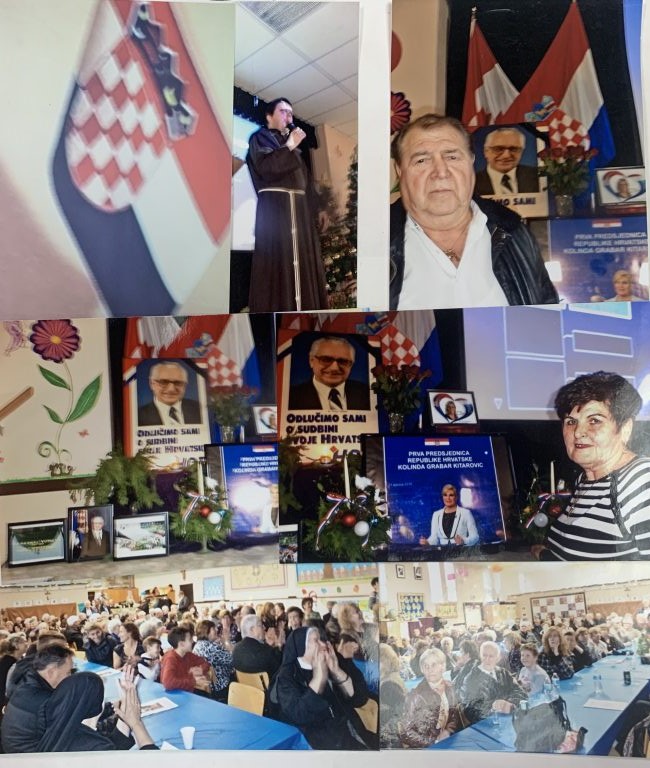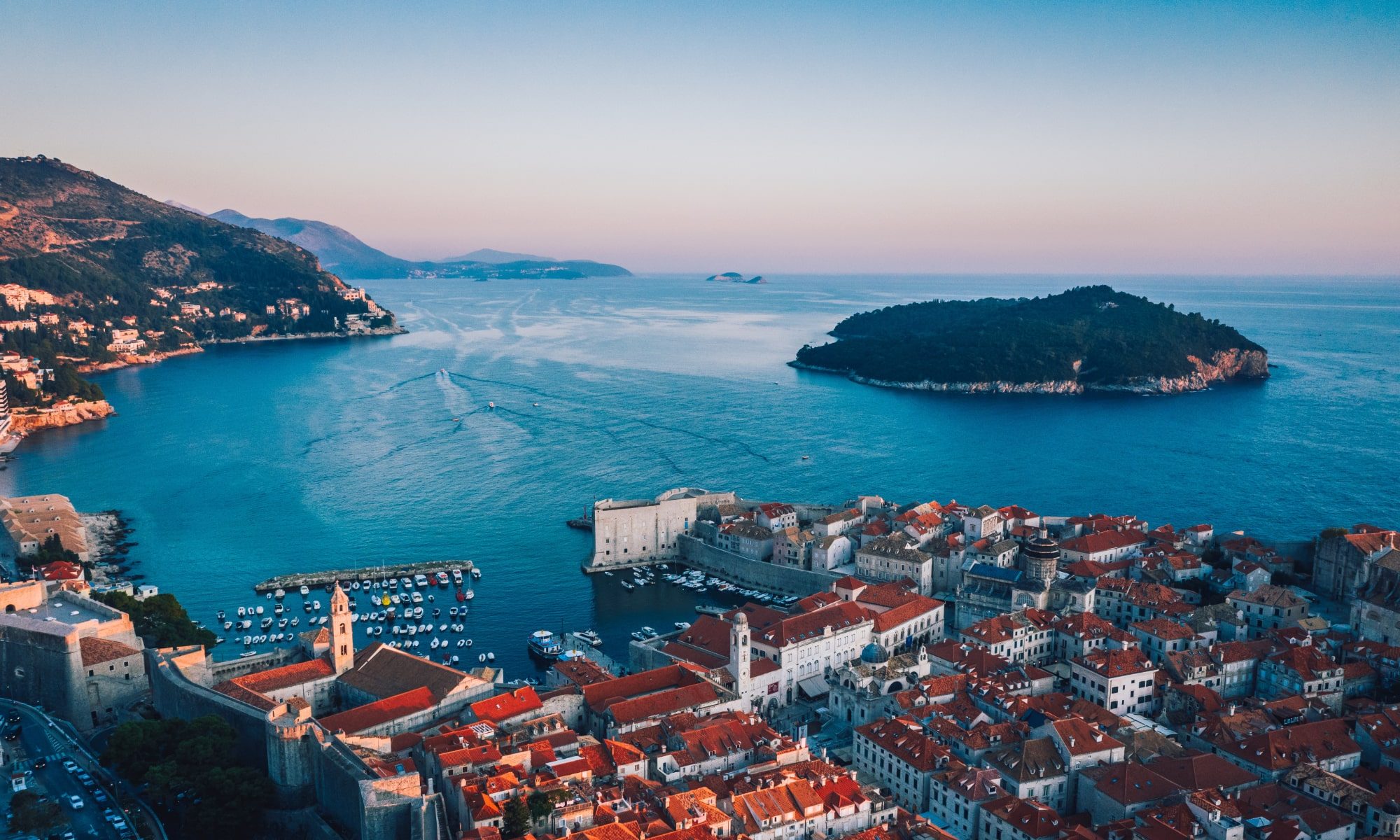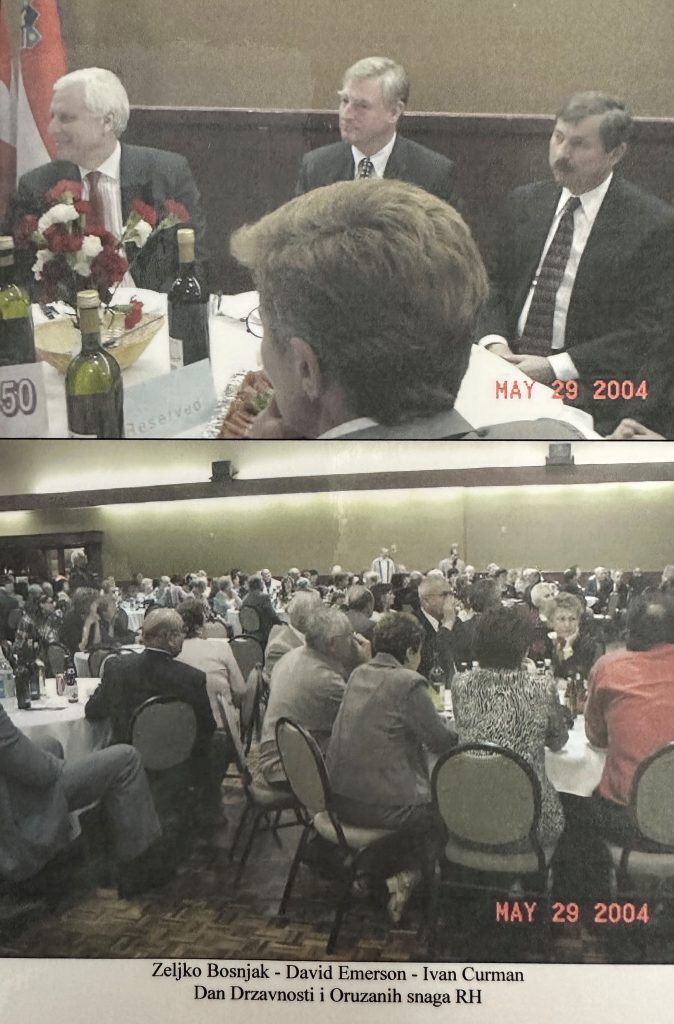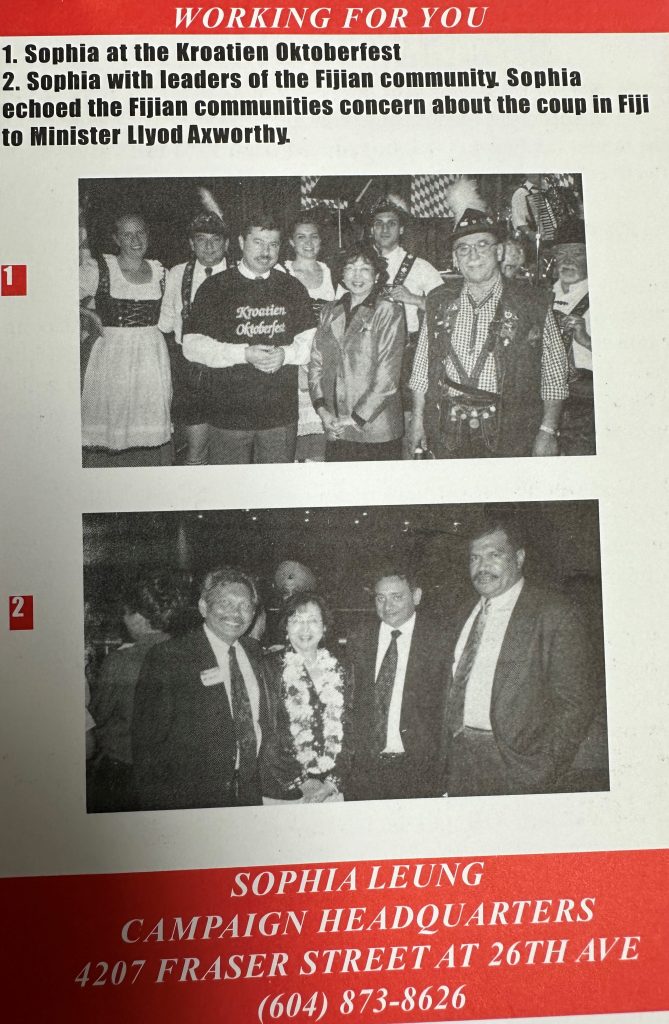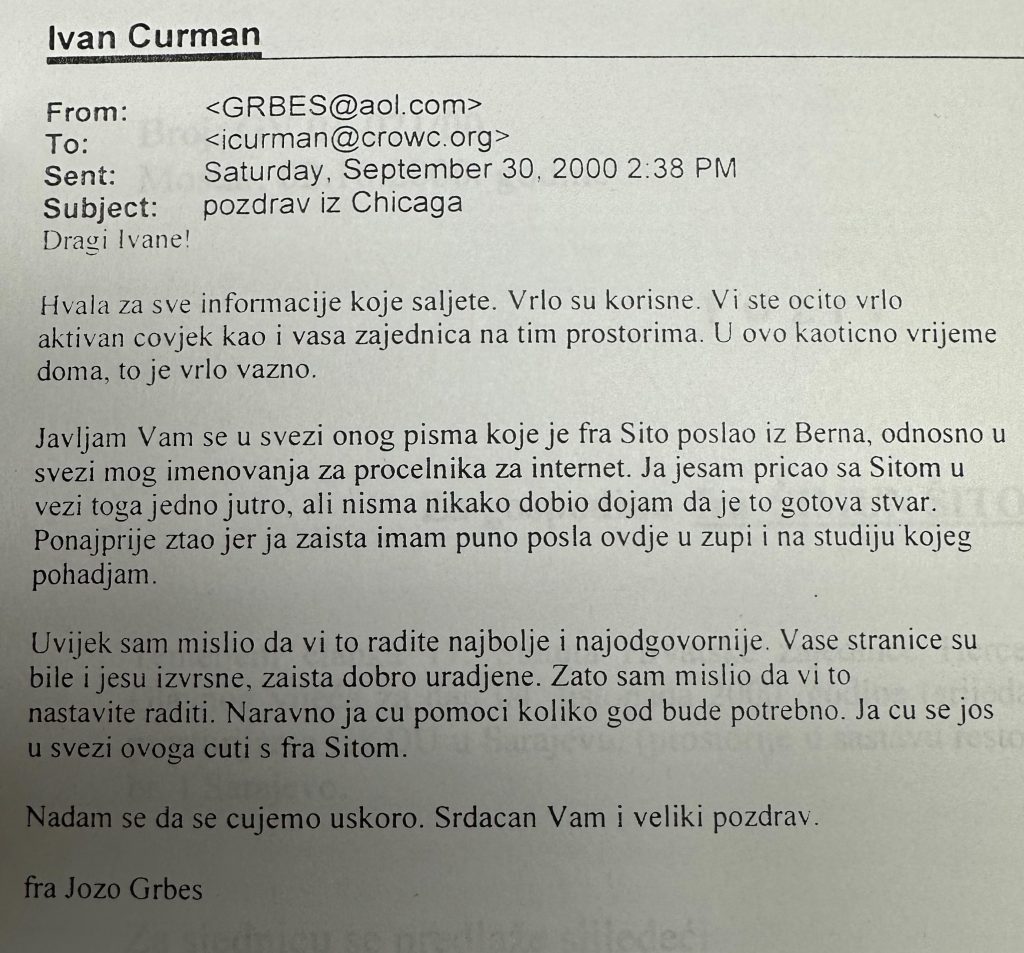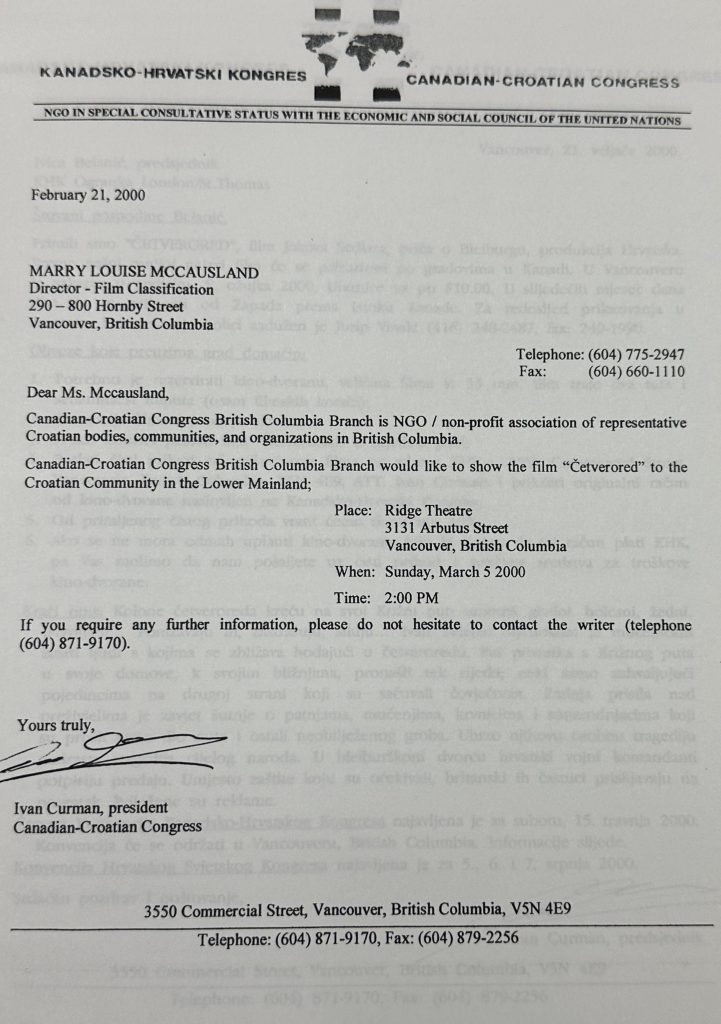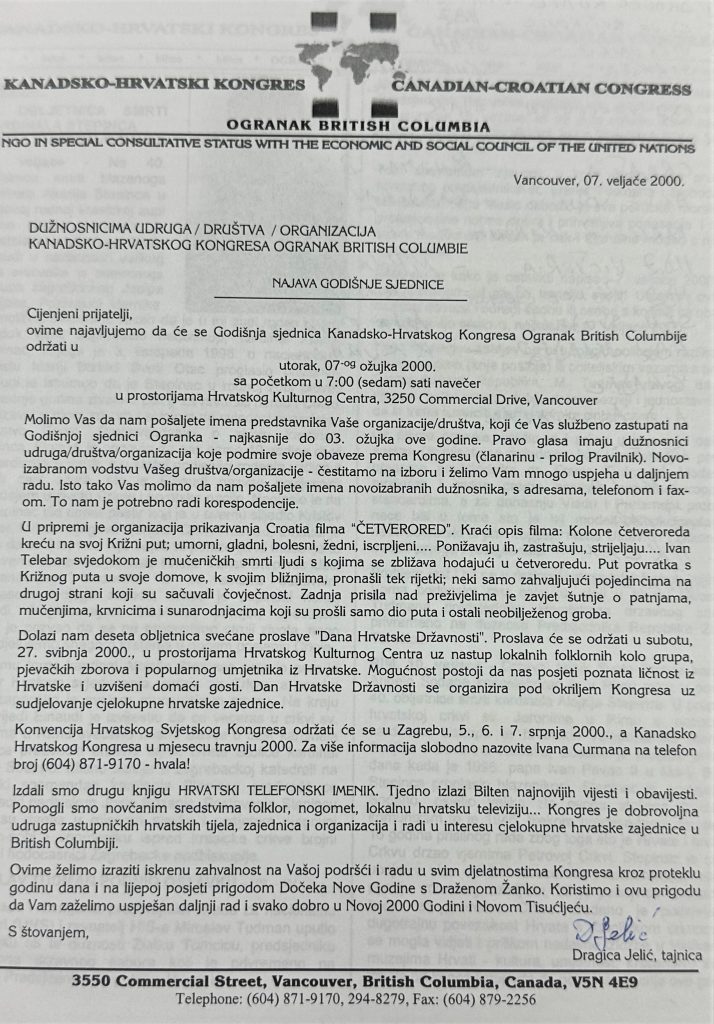Obra?anje ?lanovima HSK-a Igora Lackovi?a
1.03.2023.
Kategorija: 2023, Istaknuto, Nekategorizirano
Po?tovani svi,
Prije svega ?elim se zahvaliti g. Vinku Sablji na dosada?njoj dugoj i plodnoj suradnji kao i na svemu ?to je napravio za kongres u proteklom vremenu. Nadam se da ?e i dalje sa svima nama, ovisno o njegovim mogu?nostima, sudjelovati u radu kongresa.
Naime, kao ?to je ve? svima poznato ja ?u od 01.03. pa do na?e sljede?e Godi?nje skup?tine, koja ?e se odr?ati za vrijeme trajanja Hrvatskih svjetskih igara, obna?ati du?nost predsjednika Hrvatskog svjetskog kongresa sukladno odredbama Statuta HSK.
Pred nama su svjetske igre koje su specifi?nije od prethodno odr?anih. Naime, zbog globalne pandemije koja je zaustavila normalni tijek ?ivota na tri godine, zbog pogubljenih veza me?u ljudima, od kojih su na?alost neki i preminuli kao i smjeni generacija potrebno je ulo?iti dodatni napor u uspostavljanju veza izme?u Nacionalnih kongresa.
Unato? svemu navedenom veseli ?injenica da HSI zbog sve ve?eg broja sudionika igara i sve ve?eg broja uklju?enih zemalja postaju velik i zahtjevan doga?aj. Kako je obim uklju?enih sve ve?i te time organizacija igara postaje sve zahtjevnija molim i apeliram na sve Nacionalne kongrese, koordinatore i predsjednike Nacionalnih kongresa, da ?im prije pokrenu (ako ve? nisu) organizaciju vezanu uz prijave i dolazak natjecatelja na HSI. Organizatorima u Republici Hrvatskoj potrebno je ?im prije dostaviti kona?an broj sudionika radi same organizacije Igara i zaokru?ivanja potrebnih financijskih sredstava.
Trebate voditi ra?una da je rok za prijave 01. 04. 2023 godine kojeg se treba strogo pridr?avati!
Odaziv i uspjeh predstoje?ih V. Hrvatskih svjetskih igara ovisi direktno o Nacionalnim kongresima.
Nije potrebno opisivati do sada ulo?eni trud i napor da bi se HSI odr?ale, taj ulo?eni trud dobro je poznat svima nama. Zbog toga ga treba cijeniti na na?in da ?ete se na vrijeme prijaviti na HSI 2023.
Odgovore ?pa skoro je sve dogovoreno? ili ?treba nam jo? dan, dva? ne mogu smatrati ozbiljnima niti korektnima.
Usprkos svemu tome pripreme za na?e jubilarne V. igre teku po planu, a kona?an uspjeh ovisi o svima nama.
?elim vas izvijestiti da sam osobno sudjelovao na sastanku zajedno sa ?Organizatorima bez granica? odr?anom 20. velja?e 2023. na kojem su nazo?ili predstavnici Grada Zagreba i Turisti?ke zajednice Grada Zagreba. Odr?an je i sastanak sa predstavnicima Sredi?njeg dr?avnog ureda za Hrvate izvan RH, Ministarstvom turizma i sporta i Hrvatskog olimpijskog odbora, gdje su ujedno dogovoreni i neki detalji vezani uz samo realizaciju Igara. Bez njihove podr?ke bilo bi te?ko realizirati navedeni projekt kao i bez podr?ke Hrvatske matice iseljenika, Hrvatske turisti?ke zajednice i ostalih te im na tome trebamo biti zahvalni.
Svima nama treba biti jasno da samo me?usobnom potporom kroz na? Kongres kao i zajedni?tvom mo?emo ostvariti ciljeve koje smo si zadali.
Stoga vjerujem da ?emo zajedno do?i do postavljenih ciljeva za ovu godinu, znam da to mo?emo i ho?emo ?to smo ve? do sada i dokazali.
Iskoristio bih ovu prigodu da se zahvalim mojim ?lanicama i ?lanovima Hrvatskog svjetskog kongresa u Austriji ?to su uspje?no ?pokrili? moju ulogu predsjednika u Austriji, te i bez mene uspje?no odra?uju posao pripreme Igara.
Hrvatske svjetske igre su najve?i projekt hrvatskog iseljeni?tva u svijetu, pred nama je jedan veliki projekt, veliki poduhvat za kojeg ?emo dati maksimalan anga?man i pru?iti gostoprimstvo svima koji ?e do?i na igre. Svi su dobro do?li.
?elim Vam uspje?an rad i vjerujem da ?e ove Hrvatske svjetske igre biti najbolje do sada.
Onako kako to hrvatski narod i zaslu?uje.
Svako dobro i lijep pozdrav.
Mag. Igor Lackovi?
v.d. predsjednik HSK-a
